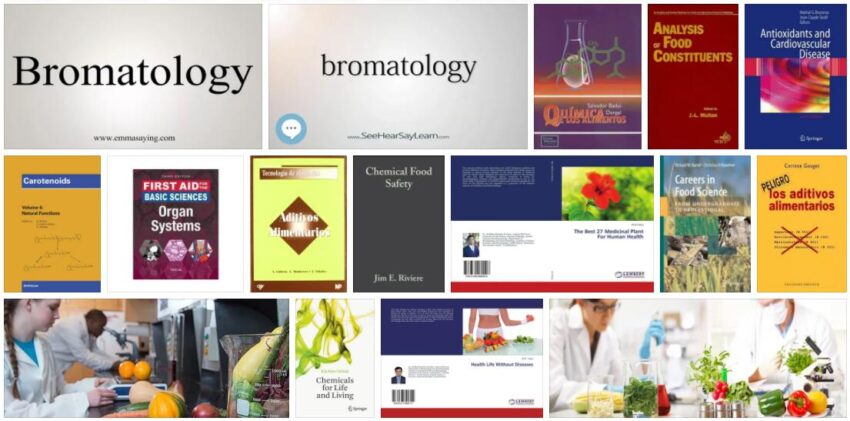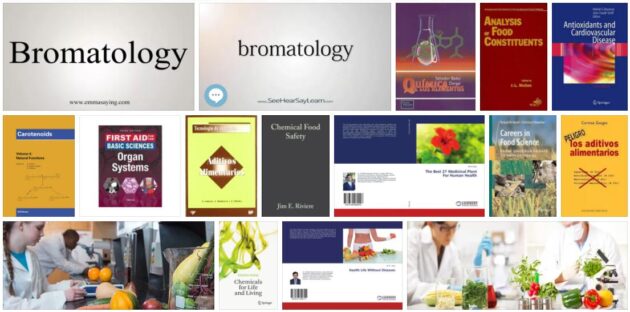Bromatology is called the scientific discipline dedicated to the analysis of food. It is a specialty focused on the study of the substances that human beings ingest for their subsistence.
According to abbreviationfinder.org, food science investigates the chemical composition, calories, nutrients, physical properties, and toxicology of foods, among other properties. The knowledge generated by this area of knowledge is very important when it comes to producing, preserving, handling and distributing food substances, especially to reduce the risks of negative effects that they can cause on the health of those who consume them.
It can be said that food science allows guaranteeing the quality of food. Paying attention to the data provided by the specialists, you can know how to make, store and distribute a product taking care of food safety. The degree of control that characterizes the food industry today leads us to wonder how humans did to protect their health centuries ago.
It is possible to differentiate between anthropobromatology and zoobromatology. Anthropobromatology is oriented to the analysis of foods consumed by man, while zoobromatology is linked to foods intended for animals.
It is important to note that in the State there are usually various offices or agencies dedicated to food bromatological control. Its objective is that foods that can cause health problems are not offered to the public. Suppose that, in a restaurant, hygiene is not taken care of in the kitchen. That is why dishes contain harmful bacteria that can cause poisoning. Upon warning of this situation after a bromatological control, the authorities decide to close the restaurant until its working conditions improve and it can offer food that does not put the health of the diners at risk.
Bromatology relies on other branches and concepts to carry out its studies on food, and among them are health, organolepsy, nutritional value and analytical chemistry.
By health we understand all the qualities or characteristics of a product that present it as something beneficial to health, or “not harmful.” It can also be defined as the general health status of a particular geographical area (for example: “the health of this city remains unchanged”). Healthiness appears in different typical situations of human life, such as urbanization projects, where it is important to preserve this aspect of life, as well as safety.
The organolepsia, meanwhile, refers to a number of properties named organoleptic used to describe the physical characteristics of matter, according to what we can perceive through our senses temperature, color, odor, texture and flavor, among others. The importance of its study resides in that it allows an initial evaluation without the need to resort to measuring instruments.
With regard to nutritional value, it is derived from the proportion of chemicals present in food that allow cells to carry out the functions necessary for their development. The cell takes nutrients and transforms them into cellular constituents through anabolism, a metabolic process that breaks them down for energy and other molecules. It is precisely through food that we obtain the energy to maintain our health and function properly.
The analytical chemistry, finally, aims to study the chemical composition of materials using various laboratory methods. Food science takes advantage of this branch of chemistry to analyze food in different ways, taking into account chemical reactions and physical interactions to determine its quality and ensure safety for consumers.

